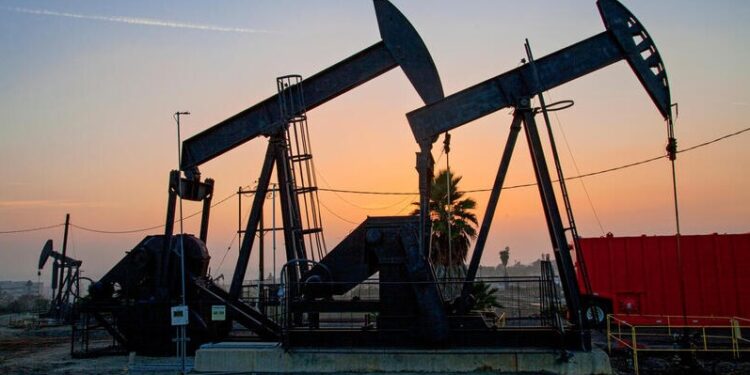A senior UN official has called for the criminalisation of fossil fuel industry disinformation and a global ban on lobbying by major polluters, warning that climate lies are obstructing action and fuelling human rights violations.
David Boyd, the UN Special Rapporteur on human rights and the environment, has urged governments to treat deliberate climate misinformation as a serious threat, comparable to tobacco industry tactics in the 20th century. In a hard-hitting report presented to the UN Human Rights Council in Geneva, Boyd accused oil and gas companies of knowingly spreading falsehoods about climate science and delaying the global energy transition.
The report alleges that fossil fuel giants have engaged in systematic campaigns to confuse the public and policymakers about the causes and consequences of global heating. Boyd recommends that states introduce legislation to criminalise such disinformation, arguing that it undermines democratic processes and endangers the right to a clean, healthy and sustainable environment.
Beyond criminal sanctions, Boyd is calling for an outright ban on lobbying by fossil fuel companies, especially in climate negotiations. His intervention comes amid mounting criticism of the influence wielded by oil and gas representatives at international summits, including COP28 in Dubai, where hundreds of fossil fuel lobbyists were granted access.
Boyd’s report cites evidence showing how corporate actors have poured billions into advertising and public relations campaigns aimed at sowing doubt and delaying decarbonisation. He also highlights the environmental and human toll of fossil fuel expansion, from forced displacement of Indigenous communities to rising mortality from extreme weather events exacerbated by climate change.
The recommendations are not binding, but they reflect growing frustration within the UN over the slow pace of climate action and the persistent role of vested interests in shaping policy. Boyd joins a chorus of voices, including scientists and civil society leaders, urging a fundamental rethink of how governments interact with polluting industries.
Critics of the fossil fuel sector argue that without stronger accountability, the Paris Agreement targets will remain out of reach. Boyd warned that “the fossil fuel industry has known for decades that its products are driving climate catastrophe. Continuing to allow them to shape public debate is morally and legally indefensible.”
Industry groups have responded by defending their right to participate in policy discussions, claiming they are part of the solution through investment in low-carbon technologies. However, Boyd’s report challenges the credibility of such claims, insisting that only a clear legal break from fossil fuel lobbying can ensure honest climate governance.
The UN Human Rights Council is expected to discuss the report further this week. While no immediate legislative changes are expected, Boyd’s recommendations are likely to fuel pressure on governments ahead of COP29 in Baku later this year.
REFH – newshub finance




Recent Comments